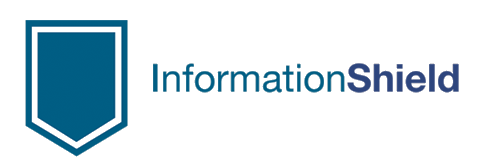In general, every business should have some number of information security policies. For example, any business that collects personal information about customers (PII) will be required by law to protect that data. At least 43 states in the US have laws to protect customers against identity theft. Sometimes a certain facet of your business may […]
Author Archives: David Lineman
Regardless of an organization’s size, industry, geographical location, or the extent to which it uses computers; information security is an important matter that should be addressed by explicit policies. Some experts say that the lack of a well-defined corporate information security policy is the single biggest problem with most security efforts. Major data protection laws […]
Ideally, information security policies should be developed by a small team. While there are no hard-and-fast rules, it is essential that at least one of the authors of written security policies has specific expertise in the field of information security. Information security uses specific terminology that has been developed over years to help reduce the […]
There are many excellent references with detailed instructions on how to develop information security policies. For example, Information Security Policies Made Easy (ISPME) has a detailed, step-by-step guide written by Charles Cresson Wood. In general, the process involves five key steps: First, define what security policies you need to have, either from a regulatory requirement […]
A good rule of thumb is this: Information security policy documents should be updated at least once a year, or whenever a major change occurs in the business that would impact the risk of the organization. Examples of these changes could be a merger, a new product or line of business, a major downsizing or […]
Sometimes the nomenclature used to define information security policies and related documentation can be confusing. Much of that confusion comes from the fact that the information security industry often uses these terms interchangeably. At Information Shield, we adopt the following definitions that have proven effective over the years: Information Security Policies are high-level business rules […]
Security policies are generalized requirements that must be written down and communicated to certain groups of people inside, and in some cases, outside the organization. For example, a more general Internet Acceptable Use Policy covering the acceptable use of electronic mail would need to be read by every person with access to electronic mail. A […]
Information security policies are a special type of documented business rule that provide instructions for how the organization will protect information assets. Policies are high-level statements that provide guidance to workers who must make present and future decisions. For example, policies define not only what the organization will do today, but how it will respond […]
